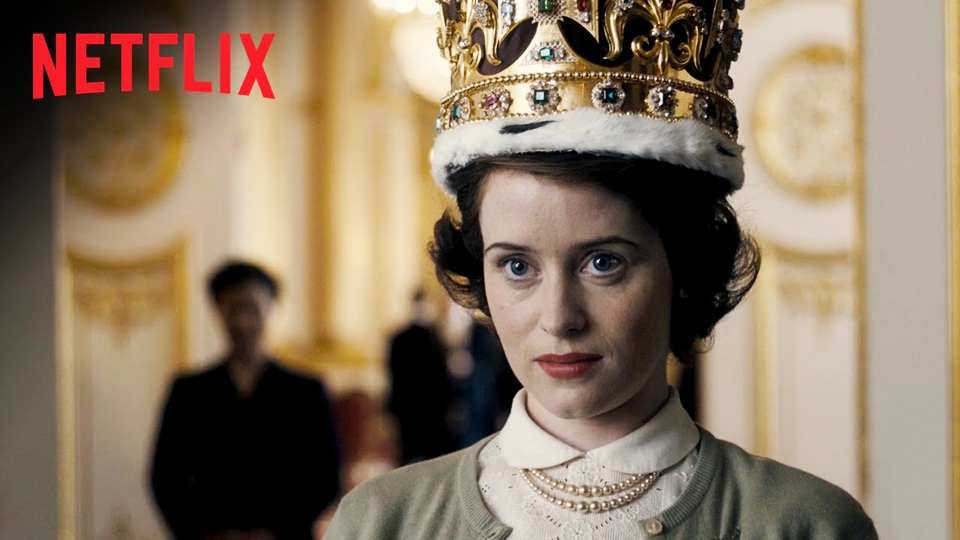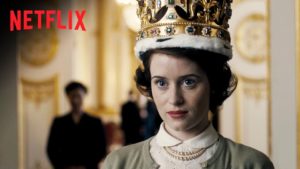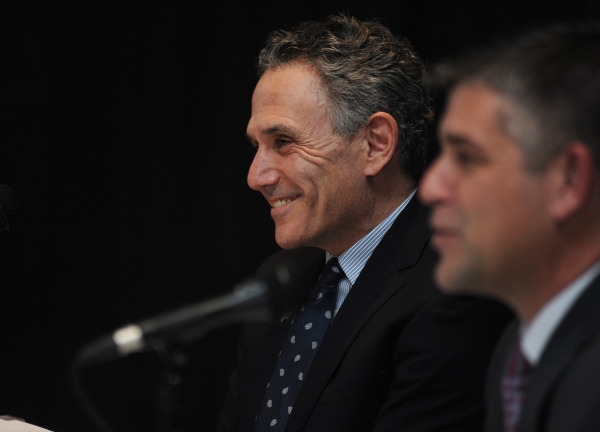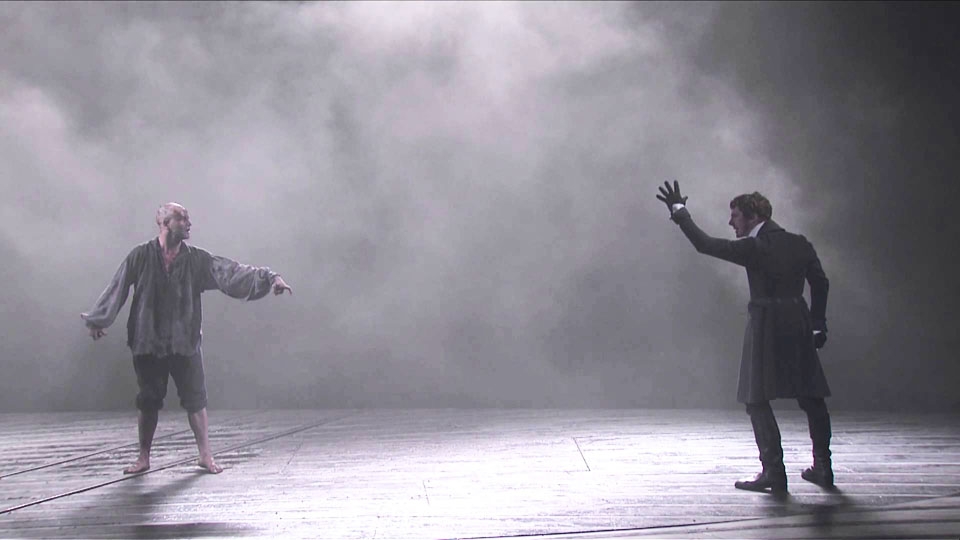

Claire Foy stars as Queen Elizabeth II in “The Crown.” The British-American series is expected to last 60 episodes, according to the Telegraph. The first season cost £100 million ($124,360,500) for a total of 10 episodes, lower than the standard 13 for Netflix dramas.
By Leonardo Sanchez | Staff Writer
The United Kingdom celebrated the 90th birthday of Queen Elizabeth II this April. The monarch has been head of the country for 64 years, long enough to witness and act during moments of crisis and uncertainty. From the resignation of Sir Winston Churchill to the decline of the British Empire, a lot has changed in the world during her rule. Although the task of portraying the life of the queen is hard, screenwriter Peter Morgan is skillful enough to add brilliancy and freshness to Netflix’s “The Crown,” the latest attempt to picture the queen.
The drama series centers on the first years of Elizabeth’s reign. The new queen struggles to adapt to the position at an early age, forced to balance her public and private lives.
The TV show is a thrilling and captivating narrative about one of the most iconic figures of the past century. With a script that blends subtlety and grandeur, “The Crown” feels realistic even though it’s focused on a world distant to most people. The story behind the reign of Queen Elizabeth is so impressive that it may be difficult to see her without a crown on her head and the pomp that normally surrounds her.
If there is something “The Crown” is especially good at, however, it’s humanizing its characters. The American-British series beautifully captures the mundane side of royal life, without undermining the wealth and tradition surrounding it. Queen Elizabeth goes through deep changes throughout the show, and the once naive, unskilled monarch seen in the first episode evolves to a powerful and lovable woman — the queen everyone knows nowadays.
Those insights allow viewers to understand the power and influence of the royal family but also draw attention to the limitations of its role — both when it comes to bureaucratic matters and to private concerns.
Another bastion of British history seen here is Prime Minister Winston Churchill, known for his work during World War II. While the show mocks one of United Kingdom’s greatest politicians, it’s able to showcase the genius of one of the most important statesmen of the last century. Churchill is presented as an outdated, imperfect man and is also an allegory to both the country’s decay and greatness.
While portraying its royal characters as people sensitive to death, illness and sorrow, “The Crown” also showcases the battle of egos in the backstage of British politics. There are fights within the royalty and the parliament, and one may conflict the other occasionally.
The main battle in the show concerns Queen Elizabeth and her husband, Prince Philip. In an era widely dominated by men, having a woman in such a position of power was a dramatic thing. For Prince Philip, it’s also a reason for frustration. Back when the show is set, women used to be submissive to their husbands and the consort is unable to cope with the fact that he is in a lower position than his wife. “The Crown,” therefore, ends up having an interesting and subtle feminist approach to the monarchy.
On the technical side, the show is impeccable. With its lavish costumes and ornately designed sets, the TV series finds it easy to leave its viewers breathless and impressed. Its intense, dramatic score is capable of carrying the emotional weight of the story, and composer Hans Zimmer does a remarkable job with the music for the main titles.
“The Crown” is anchored in outstanding performances from every single member of the cast. Claire Foy delivers a passionate, powerful Queen Elizabeth, while Vanessa Kirby adds grace to the show with her portrayal of Princess Margaret and Matt Smith plays an enigmatic and persuasive Prince Philip.
John Lithgow, however, is the one who steals the show. He is absolutely amazing as Winston Churchill, and it’s a pleasant surprise to see an American incarnating the iconic British character in such a unique way.
“The Crown” only has one flaw, in that it is too subtle when it comes to showcasing the British Empire imperialism and prejudices: there is criticism, but it almost goes unnoticed.
Apart from that, the show is a vivid, intimate account of a rich period of British history, told through deep, charismatic characters and a sharp and strong writing. It shows that Netflix is perfecting its technique, creating shows that are increasingly sophisticated and entertaining.




